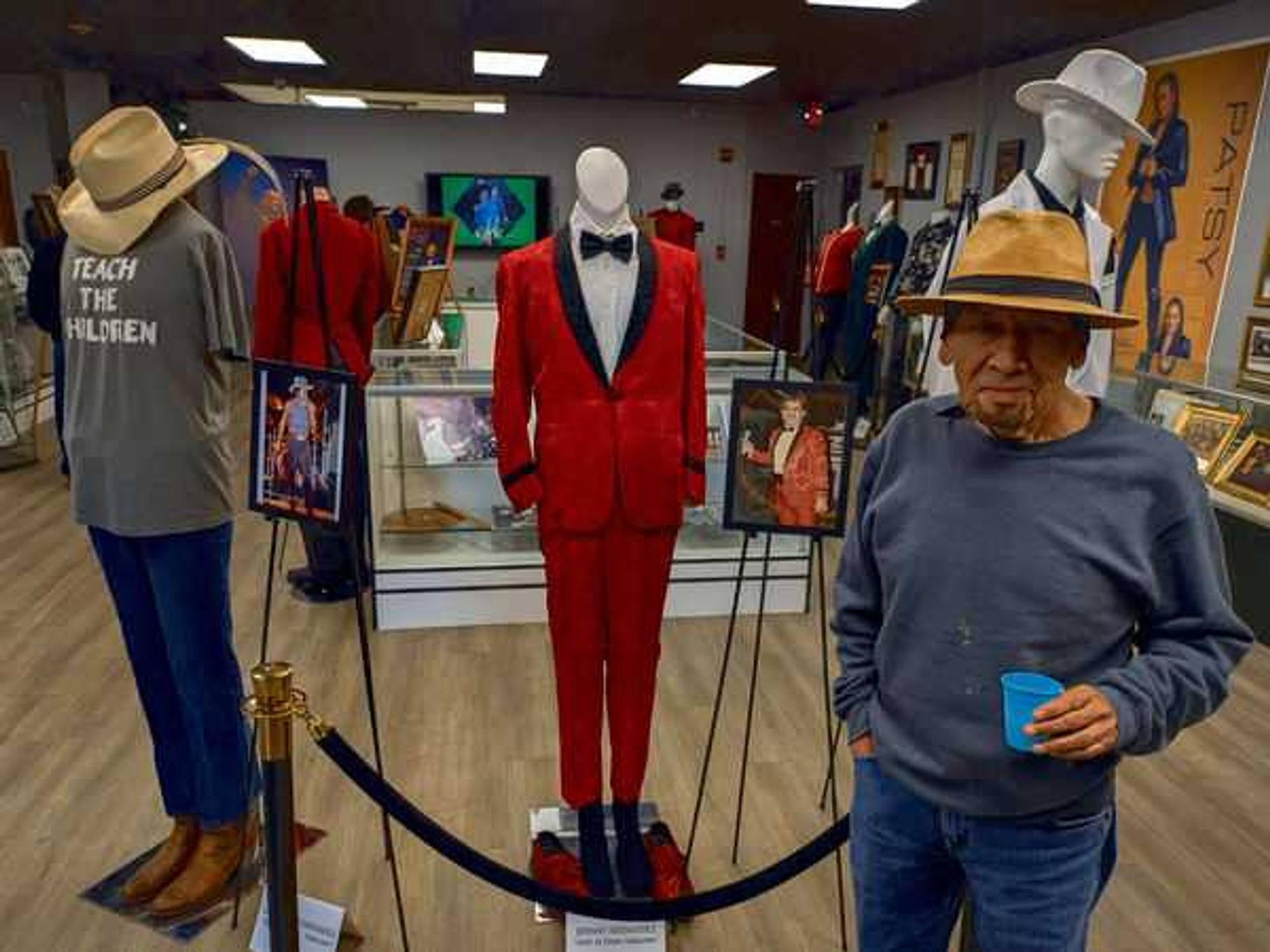My ethnic motherland is free
Power to the people: Mubarak finally resigns, Egypt rejoices in peaceful changeafter 29 years
 Ding dong, Mubarak's gone!Photo by Tara Todras-Whitehill/AP
Ding dong, Mubarak's gone!Photo by Tara Todras-Whitehill/AP Smile for me, Mubarak. It could've been worse for you.Photo by Sean Gallup/Getty Images
Smile for me, Mubarak. It could've been worse for you.Photo by Sean Gallup/Getty Images Mass jubilation spreads like wildfire throughout the streets of Cairo at thenews of Mubarak's resignation.
Mass jubilation spreads like wildfire throughout the streets of Cairo at thenews of Mubarak's resignation. Egyptian vice president Omar Suleiman makes the fateful announcement ofMubarak's departure.
Egyptian vice president Omar Suleiman makes the fateful announcement ofMubarak's departure.
Can you imagine if your way of life — the national foundation of your very identity — hadn't changed since you were two years old? No new ideas, no new leadership, no progress, no innovation ... no, well, change.
In the time since Hosni Mubarak took over the Egyptian presidency in 1981 — when I was two — regimes and politics have shifted seismically.
In the time since Hosni Mubarak took office, the United States has had five democratically elected rulers.
In the time since Hosni Mubarak first began oppressing the Egyptian people, it's pretty fair to say that everything — everywhere — is different.
Today, it is in Egypt, too.
Twenty-nine years later, I'm 31, and my ethnic motherland has finally been able to achieve what my native homeland has been able to do with the filing of a ballot throughout my entire lifetime — change its circumstances. Because autocratic Egyptian leader Hosni Mubarak has finally resigned, handing the power over to the Supreme Council of Egyptian Armed Forces.
Through peaceful protests and relentless fervor for a freer Egypt, the people's voices rang louder than the seemingly immovable establishment. "Tonight, after all of these weeks of frustration, of violence, of intimidation ... today the people of Egypt undoubtedly [feel they] have been heard, not only by the president, but by people all around the world," an Al Jazeera correspondent at Tahrir Square reported.
We Americans are lucky. We don't know what it means to love a country so much even though it hasn't stood behind you for 29 years of your life. And hopefully, most of us may never know. Free and fair elections fix most of our woes, one way or another, and having faith in progress brings about the rest.
We are a dynamic, radical nation — good, bad and Republican. Our forefathers spilled the blood and tears of revolution on this soil so that we wouldn't have to be ousting our leaders on a hope and a prayer 200 years later.
Egypt has shown us that not all political climates aren't as fortunate as dropping a vote in a bucket.
But no shots were fired from the protesters, and no political convictions were expressed with violence (at least from the protestors). Change happened in Egypt through solidarity, persistence and an insatiable desire for something better.
"By all accounts this is a highly civilized gathering. People are separated from the palace by merely a barbed wire ... but nobody has even attempted to cross that wire," said an Al Jazeera correspondent in Heliopolis.
What's next? I wish I knew. The military council has fired Mubarak's cabinet, suspended both houses of Parliament, and claims it will govern with the head of the Supreme Court. It can't be great for Egypt, but few first moves rarely are.
What I do know is that it's change — desperately needed change. And if there's one thing we can be confident in right now, it's the will and the way of the Egyptian people.
It's often been said that as Egypt goes, so goes the rest of the Arab world. So go, Egypt — go, go, go.

 The newly opened Totally Tejano Hall of Fame and Museum includes a growing collection of memorabilia. Photo by Edmond Ortiz
The newly opened Totally Tejano Hall of Fame and Museum includes a growing collection of memorabilia. Photo by Edmond Ortiz